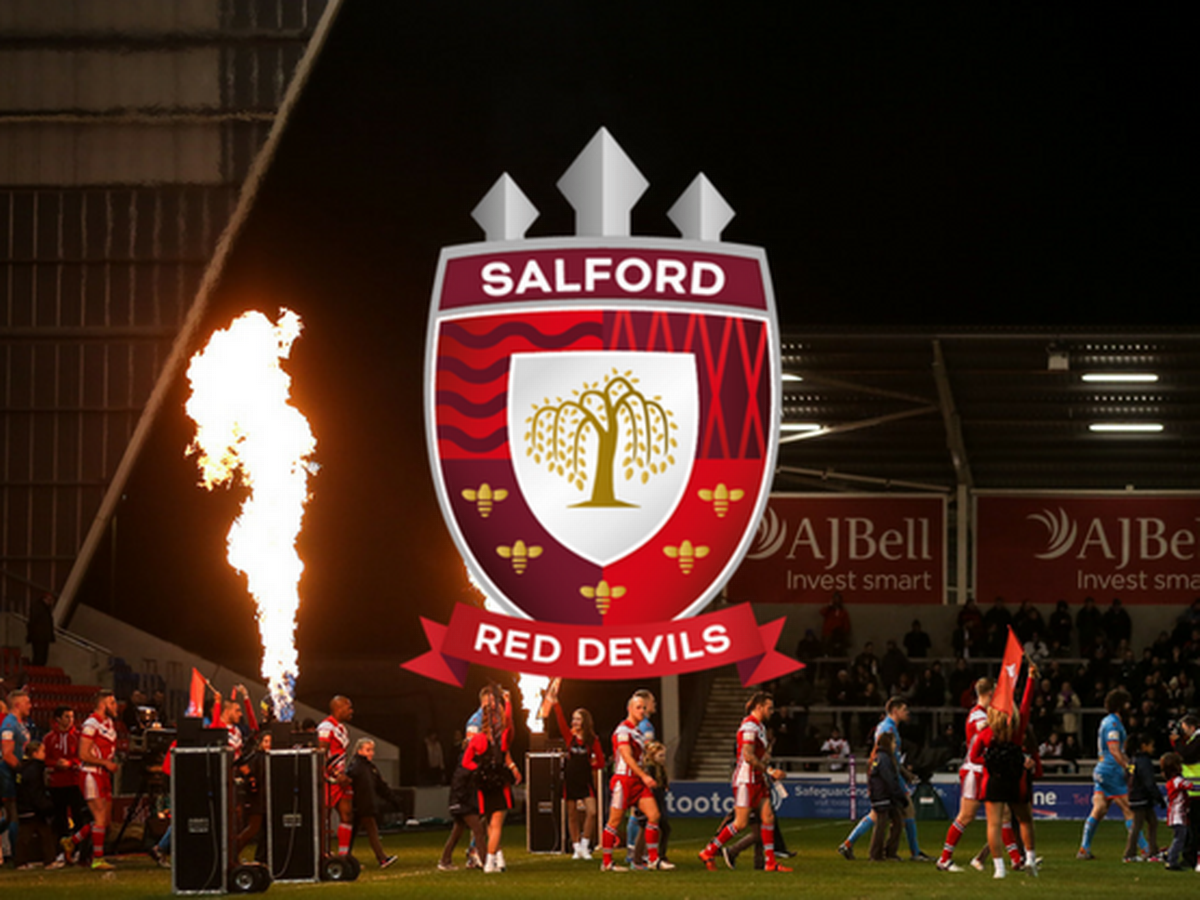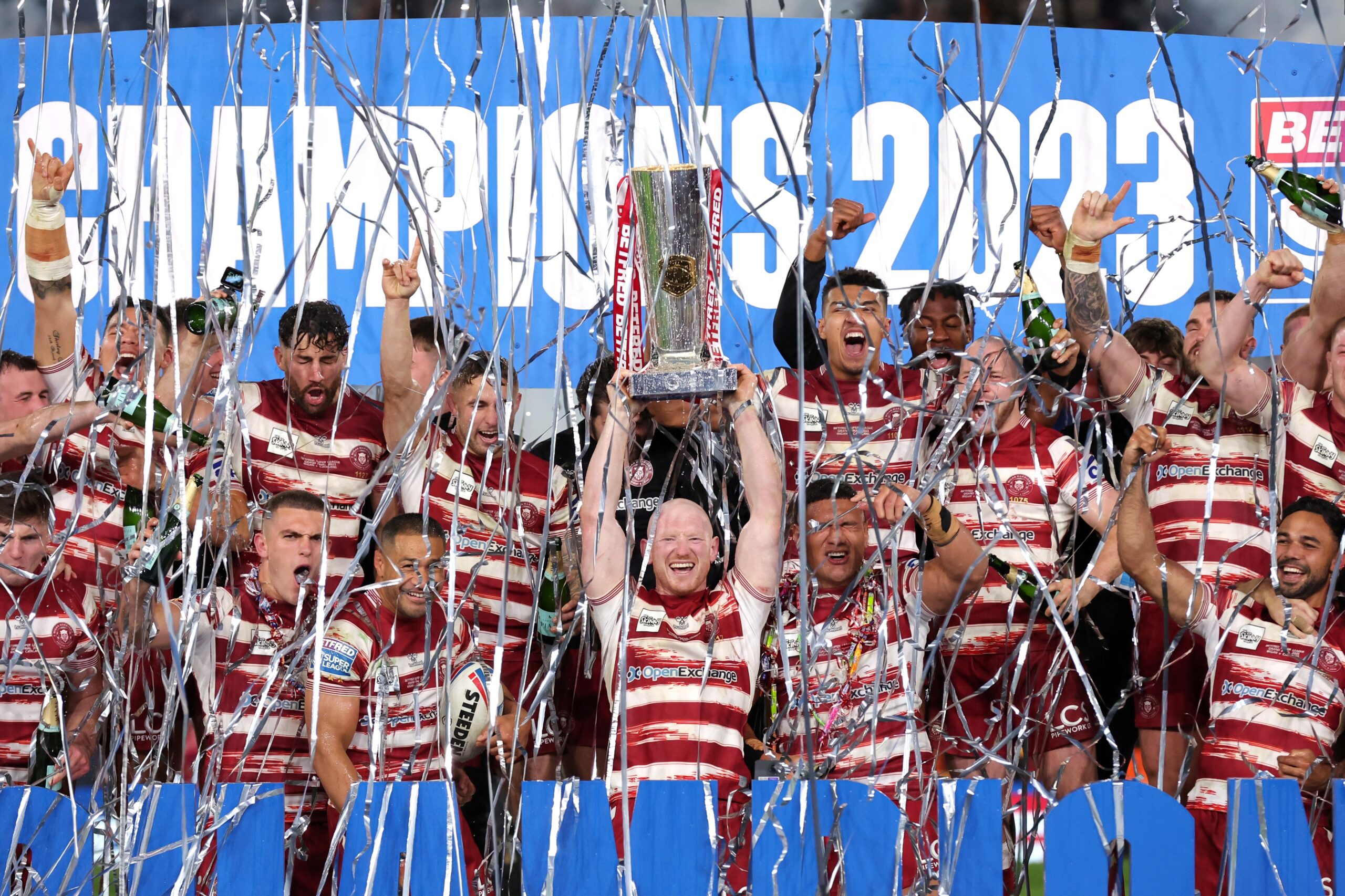Rugby League in Australia is about to secure a broadcasting deal that will see it earn more than $1 billion dollars over the five years of the contract.
The NRL salary cap will rise by an incredible $2.7 million dollars. Two new teams will enter the competition and first grade squads will rise to 30 players.
It is incredible to think what the NRL has become. No other “rugby” competition in the world can demand such figures. It will see the Rugby League in Australia and New Zealand flourish in a way that even its most optimistic fans could not have dreamed of.
There is a warning to be had in all of this success though.
With Super League clubs struggling as it is already, and the incredible strength of the Australian dollar not looking to slow down any time soon, Rugby League in Great Britain faces the real possibility that it will become little more than a feeder system to the much bigger, more cashed up competition in Australia.
Super League, with its non existent enforcement of the salary cap, ridiculous rubber band rules on imports, and on the back of strong exchange rates, for years offered big money to a number of high profile Australian players.
Over the last couple of years, that movement has changed. It is no longer profitable for Southern Hemisphere players to play in Super League. Now, it tends to be players who are at the very end of their careers or who have been forced out for the NRL for what ever reason.
With extended squad sizes coming into the NRL, two brand new teams to fill and millions in salary cap space to use, now even those players might not head over.
NRL teams are going to become talent vacuums. They will look to get depth any way they can.
This is likely to see an influx of young players already in development systems come into first grade in the NRL, but it will also see Rugby Union in Australia pillaged of anyone that looks like they may be a half decent player.
Super League will not escape this talent drain.
Right now only three English test players ply their trade in the NRL. Sam Burgess and Gareth Ellis took less money to test themselves down under, while Gareth Widdop found himself a youngster in the Australian system, and boy can you see the benefit he has got out of that.
Next year they will be joined by James Graham, taking the grand total of walk up start English test players to four.
Now imagine if this time next year the entire English test side gets signed up by NRL clubs offering money and opportunities that can not be refused. Imagine if any half decent junior in England is now on his way to Australia. Imagine if every import leaves to head home.
It is not out of the question that this will happen. NRL clubs are going to have to find players from somewhere.
To stop this happening, the RFL has to get on the front foot, swallow some pride and actively make Super League an asset that the game in Australia and New Zealand can not afford to cannibalize.
That might mean handing over a financial interest in Super League alone to the Australian game in some way. It may mean establishing competitions between NRL and Super League clubs at some level. It may mean opening doors to have games played in Super League stadiums mid season.
The RFL in short needs to show that it will be worth the NRL clubs while to have a valuable club competition in the UK because that will enhance the value of the NRL itself.
I think the first thing the RFL should try and establish is some sort of competition where by non playoff teams in the NRL head over to the UK and either play a knockout competition against non playoff teams in Super League, or even have some non NRL playoff clubs enter into the late stages of the Challenge Cup.
This may mean changes to the structure of the English season, but at the same time if Super League and the NRL now have a joint competition both are involved in, Super League clubs could find extra revenue in their pockets if that extra competition managed to gain a percentage of the NRL’s billion dollar TV deal going forward.
I know for a fact that NRL clubs, players and their sponsors would drool at the prospect of being able to showcase themselves in an annual event at Wembley stadium.
They are the type of things the RFL needs to tap into.
Keep the game strong in England, put rules in place that stop NRL clubs pillaging talent. If we are strong….look at what we can provide you with….
The game in England needs a shake up of some kind either way. The way things are, it is a system that is not working.
Rugby Union in England is going through its own issues, but they are still making great strides ahead of Rugby League because of their great strengths, which lie in the Six Nations competition.
For Rugby League, Englands great strength may just lie in the behemoth that has become the National Rugby League. If the RFL can find a way to tap into that, it may find itself on a path toward being part of the biggest television deals forged in the history of “Rugby’s” future.








